Get Grease Trap Pumping in Bainbridge Island, WA
Local contractors on Bainbridge Island and nearby areas offer grease trap pumping services to remove blockages, prevent backups, and ensure proper restaurant and commercial kitchen operation.
Proper grease trap maintenance is essential for property owners in Bainbridge Island, WA, looking to keep their commercial kitchens and food service operations running smoothly. Regular pumping helps prevent blockages, reduces the risk of foul odors, and ensures compliance with local health regulations. Exploring available grease trap pumping services in the area can help property managers and restaurant owners maintain their facilities efficiently, avoiding costly repairs and operational disruptions.
By comparing local service providers, property owners can find experienced contractors equipped to handle the specific needs of Bainbridge Island’s businesses. Whether managing a busy restaurant or a shared commercial kitchen, choosing the right grease trap pumping services supports ongoing facility performance. Continuing to read can provide helpful insights into how local contractors can assist with planning and maintaining effective grease trap management.
- Grease Trap Pumping - needed when restaurant kitchens or food service establishments experience buildup that can cause blockages or odors.
- Grease Trap Cleaning - required for commercial properties in neighborhoods with high food production to maintain proper function and compliance.
- Septic System Maintenance - necessary when residential or commercial properties in Bainbridge Island show signs of slow drains or backups.
- Industrial Grease Trap Servicing - essential for food processing facilities or large-scale kitchens to prevent grease accumulation and equipment issues.
- Emergency Pumping Services - needed when unexpected overflow or foul odors occur, disrupting operations or posing health concerns.
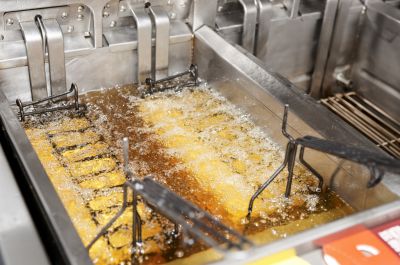
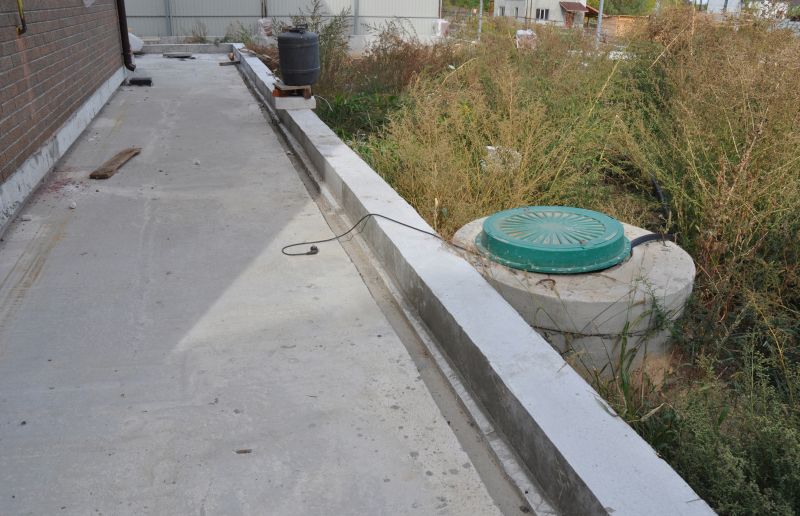
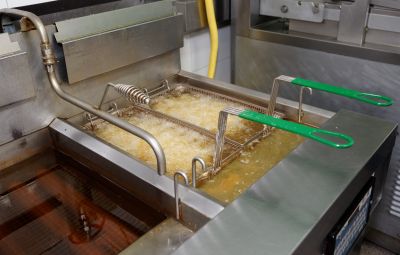
Grease trap pumping services involve the removal of accumulated fats, oils, and grease (FOG) from commercial and residential grease traps. Over time, these substances build up inside the trap, reducing its efficiency and risking overflow or blockages. Professional service providers use specialized equipment to safely and thoroughly extract the contents, ensuring the trap functions properly and remains compliant with local health and safety standards. Regular pumping helps prevent foul odors, slow drainage, and potential plumbing backups that can disrupt daily operations or household activities.
Many common problems are addressed through grease trap pumping. When traps are neglected, they can become clogged with FOG, leading to unpleasant odors and slow drainage in sinks, drains, or sewer lines. In commercial settings like restaurants, cafes, or catering facilities, a clogged or overflowing grease trap can result in costly fines or shutdowns. For homeowners with private grease traps, failure to maintain the system can cause sewage backups into the home or yard, creating health hazards and costly repairs. Routine pumping keeps the system clear, reducing the risk of these issues and maintaining smooth, odor-free operation.
Property types that typically use grease trap pumping services include restaurants, food processing plants, catering businesses, and other commercial kitchens. However, some residential properties with private grease traps also benefit from regular maintenance, especially in homes with large families or frequent cooking. Apartment complexes, hotels, and institutions with food service facilities also rely on these services to ensure their plumbing systems operate reliably. Regardless of property size, scheduling periodic grease trap pumping helps avoid unexpected problems and keeps the plumbing system functioning efficiently.
When considering grease trap pumping, property owners should be aware of signs indicating the need for service. These include persistent foul odors, slow draining sinks, or visible grease accumulation around the trap area. Routine inspections and maintenance schedules can help identify potential issues before they escalate into more serious plumbing problems. Connecting with experienced local contractors ensures that the job is handled correctly, providing peace of mind that the system is properly maintained. Regular grease trap pumping is a practical step toward maintaining a clean, functional plumbing system for both residential and commercial properties.
The overview below groups typical Grease Trap Pumping projects into broad ranges so you can see how smaller, mid-sized, and larger jobs often compare in Bainbridge Island, WA.
In many markets, a large share of routine jobs stays in the lower and middle ranges, while only a smaller percentage of projects moves into the highest bands when the work is more complex or site conditions are harder than average.
Routine Pumping - typical costs for regular grease trap maintenance generally range from $250-$600 for many smaller jobs. These projects are common and usually fall within this middle range. Larger or more complex jobs can occasionally exceed $600.
Deep Cleaning or Inspection - more involved services such as thorough cleaning or detailed inspections often cost between $400-$1,200. Many local contractors handle these within this range, though extensive inspections may push costs higher.
Full Replacement - replacing an entire grease trap can range from $1,500 to over $4,000 depending on size and complexity. Larger commercial systems or custom installations are more likely to reach the upper end of this spectrum.
Emergency or Urgent Service - urgent pumping or repairs are typically priced between $300-$800, with some projects exceeding this if they involve significant equipment or access challenges. These situations are less common but can incur higher costs due to time sensitivity.
Actual totals will depend on details like access to the work area, the scope of the project, and the materials selected, so use these as general starting points rather than exact figures.
Septic Tank Pumping - This project involves the removal of waste from underground tanks, requiring similar skills in waste management and the use of specialized pumping equipment as with grease trap pumping.
Stormwater Drainage Cleaning - Clearing out stormwater catch basins and drainage systems involves planning and equipment use comparable to grease trap maintenance to ensure proper flow and prevent blockages.
Industrial Waste Pumping - Managing the removal of industrial liquids and sludge shares techniques with grease trap pumping, including the use of heavy-duty pumps and safety precautions.
Commercial Sewer Line Flushing - Flushing and cleaning sewer lines involves similar planning, equipment, and expertise to ensure proper drainage and prevent backups.
Oil Tank Removal - Removing underground or above-ground oil tanks requires careful handling, planning, and equipment similar to grease trap pumping projects.
Food Service Waste Disposal - Managing waste disposal systems for commercial kitchens involves similar processes of pumping and maintenance to ensure compliance and functionality.
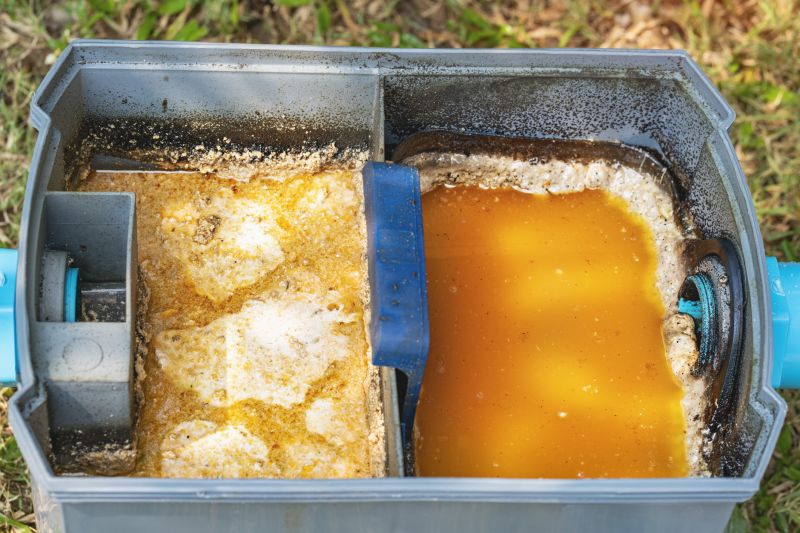
When selecting a service provider for grease trap pumping, it’s important to consider their experience with similar projects. Homeowners should look for local contractors who have a proven track record with properties like their own, whether it’s a restaurant, commercial kitchen, or residential building. An experienced professional will understand the specific requirements of different systems, helping to ensure the job is done efficiently and correctly the first time. Asking for references or examples of past work can provide insight into their familiarity with projects similar to what is needed, offering confidence in their ability to handle the task effectively.
Clear written expectations are essential for a smooth working relationship. Homeowners should seek out service providers who can clearly outline what the job will entail, including the scope of work, what the process involves, and any preparations needed beforehand. Having this information in writing helps prevent misunderstandings and ensures everyone is on the same page. It’s also beneficial to confirm that the contractor’s communication style aligns with the homeowner’s preferences, making it easier to ask questions, receive updates, and address any concerns throughout the process.
Reputable references and good communication are key indicators of a dependable local contractor. Homeowners are encouraged to ask for references from previous clients and to verify that those clients had positive experiences. Good communication skills mean the service provider is approachable, responsive, and transparent about their services. This openness can make the entire process more straightforward and less stressful. While the site introduces homeowners to local options, it’s important to remember that the actual work will be performed by qualified service providers in the community who can meet these criteria.
Property owners in Bainbridge Island, WA use Grease Trap Pumping services for practical projects around their homes and businesses. This guide focuses on everyday jobs and straightforward project options.
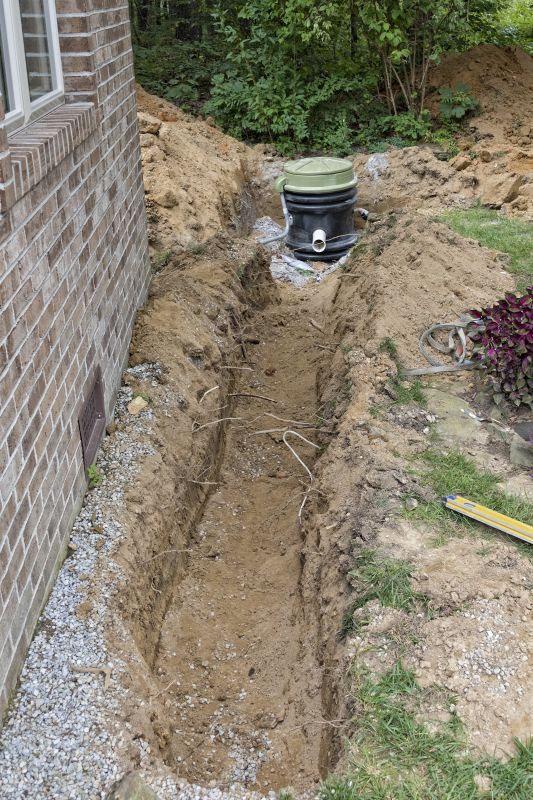
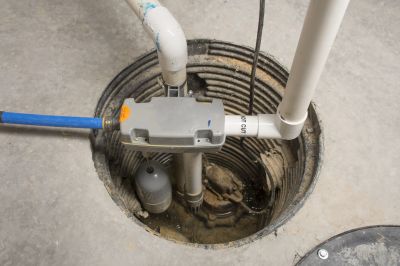
Grease trap pumping services are commonly needed by property owners on Bainbridge Island, WA, who operate restaurants, cafes, or other food service establishments. Regular cleaning and pumping help prevent grease buildup that can cause clogs, backups, or foul odors in plumbing systems. Additionally, commercial kitchens may require routine maintenance to stay in compliance with local health regulations and ensure smooth operation.
Residential property owners might also seek grease trap pumping if they have a septic system or a private waste management setup that includes a grease trap. Over time, grease can accumulate and impact the flow of wastewater, leading to potential plumbing issues or unpleasant smells. Local contractors specializing in grease trap pumping can assist with these projects, helping property owners maintain their systems and avoid costly repairs.
What is grease trap pumping? Grease trap pumping involves the removal of accumulated fats, oils, and solids from a facility’s grease trap to ensure proper functioning and prevent blockages.
How often should grease traps be pumped? The recommended pumping frequency depends on the size of the trap and the volume of kitchen activity, and local service providers can offer guidance based on specific needs.
What are the signs that a grease trap needs servicing? Signs include foul odors, slow drainage, or visible buildup around the trap area, indicating that it may require pumping by a professional contractor.
Are grease trap pumping services suitable for commercial or residential properties? These services are primarily designed for commercial kitchens and food service establishments, but some local contractors may also service residential setups if applicable.
How can local service providers assist with grease trap maintenance? They can perform regular pumping, inspection, and cleaning to help maintain proper operation and prevent costly plumbing issues.
Preventative Maintenance Planning - Scheduling regular grease trap pumping helps property owners avoid costly backups and maintain smooth operations in commercial kitchens or food service facilities.
Compliance and Code Adherence - Ensuring grease traps are properly maintained supports adherence to local regulations, reducing potential fines or violations for restaurants and food establishments.
Property Upkeep and Hygiene - Regular grease trap servicing helps keep commercial and residential properties clean and odor-free, creating a healthier environment for staff and visitors.
Operational Efficiency Improvements - Coordinating with local service providers ensures grease traps are serviced at appropriate intervals, supporting ongoing facility efficiency and reducing downtime.

If you are thinking about Grease Trap Pumping for a property in Bainbridge Island, WA, this guide is meant to help you understand the work, the typical project types, and how different options might fit your plans.
When you are ready, you can use the quote form on this page to share a few details about your project. From there, local pros can review the basics and respond with options that match what you have in mind.



